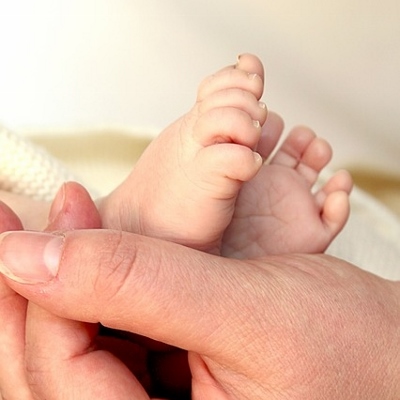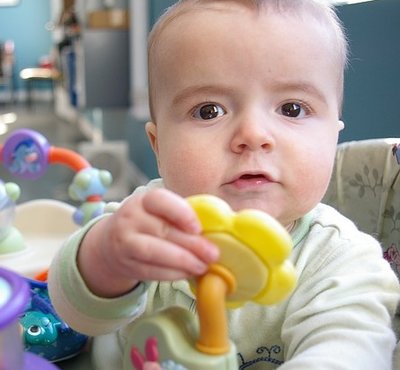 As a younger healthy woman, I carried my first baby through an uneventful pregnancy. No warning signs or red flags to label me as a high risk. But at 33 weeks gestation, I went into labor. My son was born weighing just over four pounds, and he was rushed to the neonatal intensive care unit (NICU) for testing to determine if there was a medical reason he was born premature. This terrifying experience introduced me to the term “special needsâ€.
As a younger healthy woman, I carried my first baby through an uneventful pregnancy. No warning signs or red flags to label me as a high risk. But at 33 weeks gestation, I went into labor. My son was born weighing just over four pounds, and he was rushed to the neonatal intensive care unit (NICU) for testing to determine if there was a medical reason he was born premature. This terrifying experience introduced me to the term “special needsâ€.
“Special Needs†is an umbrella term to cover all diseases, diagnoses or prognoses which result in required additional supportive services to meet developmental milestones and properly function, not necessary for a child whom responds normally to mainstream therapies and practices. Medical technology and genetic testing can help narrow down the risk of problems a fetus may have during development. In most cases, severe disabilities can be diagnosed and even treated during gestation. These conditions can be physical, emotional or both. There can be combinations of disorders, and symptomatic episodes that directly result from a chronic illness. Some children experience in-utero/birth trauma or are negatively affected by environment. In other words, there is a multitude of ways that a child can be deemed as having special needs.
Premature birth is common with pregnancies that are high risk, but can also happen spontaneously in healthy pregnancies, and in pregnancies of multiples. Preemies have more of a chance of having future special needs because they were not born ready to meet their motor and verbal skill milestones by the same timeline as a baby born full term.
In my son’s case, he was one of the biggest babies in the NICU (which was a very sad truth, most of the babies there weighed between one and four pounds), and aside from a little jaundice, he thrived well. He didn’t have any diagnosable condition which qualified him as anything more than a preemie. He was released at eight days old, and then his “special needs†became quite apparent. No diapers or clothes fit him properly, and he wasn’t snug in a car seat. Meals were small and scheduled regularly through the night to ensure he got enough nutrition.
Caring for a preemie infant or toddler is not an easy task. As hard as it may seem for the child to overcome the obstacles he faces day to day to reach his milestones, it can affect the parents and caregivers on a much different level. As his sole caregiver, I went through every trial and triumph my son experienced from being able to hold his own neck up to holding his own bottle. And he slept better than I did every night.
The good news is that most preemies who are not diagnosed with chronic condition can grow out of their special needs. As milestones are reached, even delayed, your preemie will continue to grow and learn right along with children his own age. Although the special needs are challenging, it’s usually only temporary for the preemie himself.










